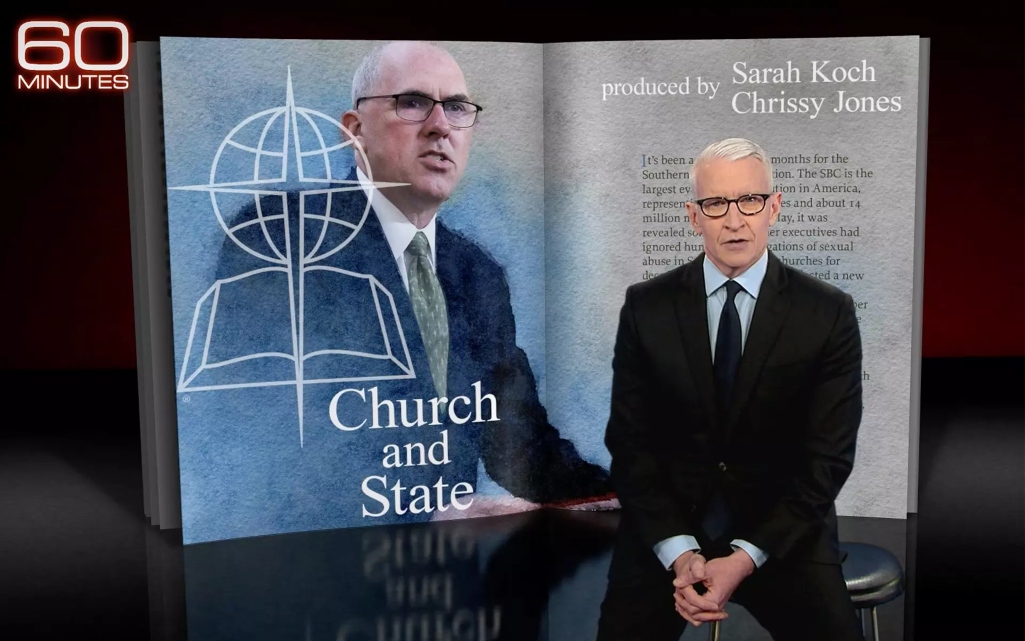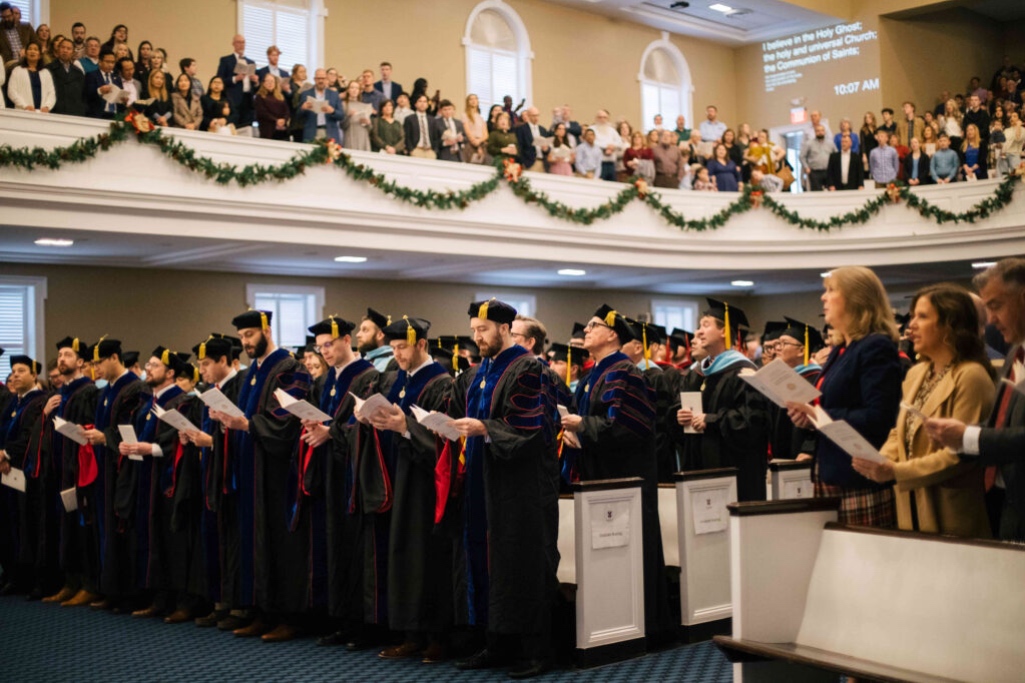A Canadian law banning any form of conversion therapy, broadly defined as treatment or counseling aimed at changing a person’s sexual orientation or gender identity, took effect Jan. 7.
Known as Bill C-4, the legislation became law in December 2021, after Canadian Governor General Mary Simon granted the legislation Royal Assent, or signature approval, after it unanimously passed both the Senate and the House of Commons
The law defines conversion therapy as any practice, treatment or service designed to change or repress a person’s sexual orientation, sexual behavior, gender identity or gender expression.
Media reports say the law makes it a criminal offense to cause someone to undergo conversion therapy as well as to promote, profit from or advertise the practice.
The legislation makes illegal the practice of such therapy on both adults and children and whether the person consents to treatment or not. This was Canada’s third attempt at banning the practice after two previous failed attempts.
Brazil, Ecuador, Germany, and Taiwan are among the nations that have laws banning conversion therapy.
Similar bans on conversion therapy for minors exist in 20 U.S. states and many cities. According to NBC News, three states (Florida, Alabama and Georgia) have injunctions blocking conversion therapy bans that are now in the federal judicial circuit.
Roger Brooks, senior counsel for Alliance Defending Freedom, has worked on several cases related to a ban on conversion or reparative therapy, including an ongoing case in Washington state.
He told Baptist Press although conversion or reparative therapy is an international issue and term (the United Nations called for banning the practice in 2020), it can often be a misleading term.
“If the government can tell you it is illegal to teach biblical truth on the issue of human sexuality … that eventually will mean everything that is revealed in scripture, most essentially, the gospel of Jesus Christ.”
Albert Mohler
According to Brooks, what is actually being restricted by these bans are conversations, ideas or topics counselors would discuss with patients related to sexual behavior or gender.
He explained the U.S. Constitution should prevent any ban on speech, including conversations a counselor may have with a client about how to live out his or her faith with regard to sexuality and gender.
“It’s certainly an international conversation, but our rights as Americans are quarantined by the Constitution,” Brooks said.
“For the government to step in and say you can’t talk about that, that is frankly shocking. It’s shocking from a freedom of speech perspective and it’s unprecedented.”
Brooks theorized the Supreme Court could take up a case on a ban on conversion therapy as early as 2023, but acknowledged these types of things can be hard to predict.
Albert Mohler, president of Southern Baptist Theological Seminary, addressed the Canadian law as well as similar proposed legislation in Great Britain on the Jan. 3 episode of The Briefing.
He said such laws not only point to a battle in the counseling and scientific communities but illustrate a battle taking place that could affect churches and people of faith in their own lives.
“These particular bills could have the effect of chilling the preaching, restricting the liberty of the pulpit in Christian churches, and could even extend to potentially criminalizing personal conversations or outlawing certain conversations between parents and children,” Mohler said.
“If the government can tell you it is illegal to teach biblical truth on the issue of human sexuality, the array of LGBT issues, understand two things: Number one, it won’t stop with LGBT and understand, eventually it means the criminalization of whatever Christian speech is no longer politically attractive. And that eventually will mean everything that is revealed in scripture, most essentially, the gospel of Jesus Christ.”
Mohler praised the biblical counselors in both Canada and Great Britain fighting against these laws.
“We are about to find out where the biblical Christians are on both sides of the Atlantic, and … on both sides of the American/Canadian border,” Mohler said.
(EDITOR’S NOTE – Timothy Cockes is a Baptist Press staff writer.)


